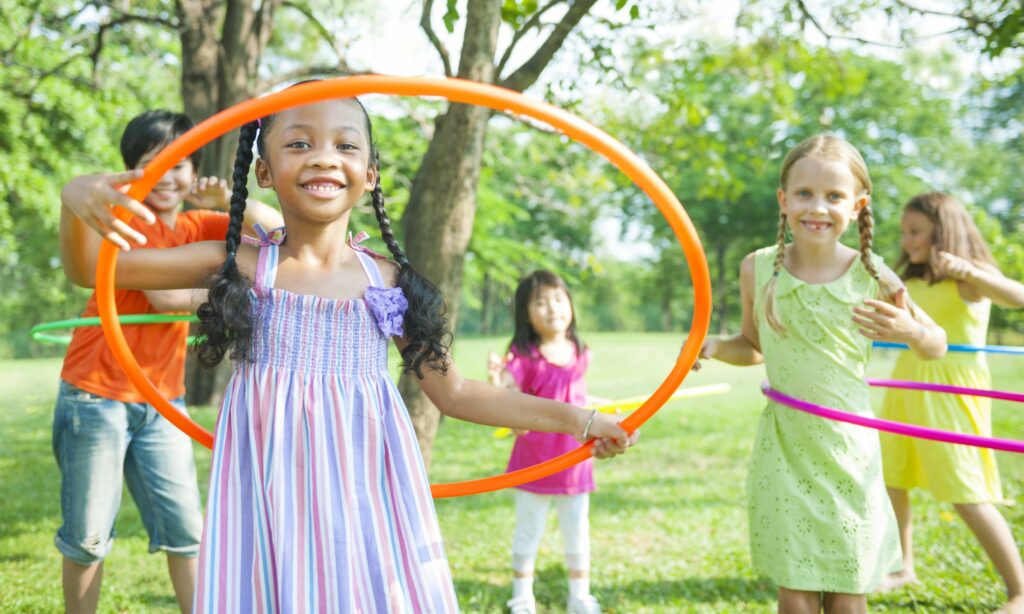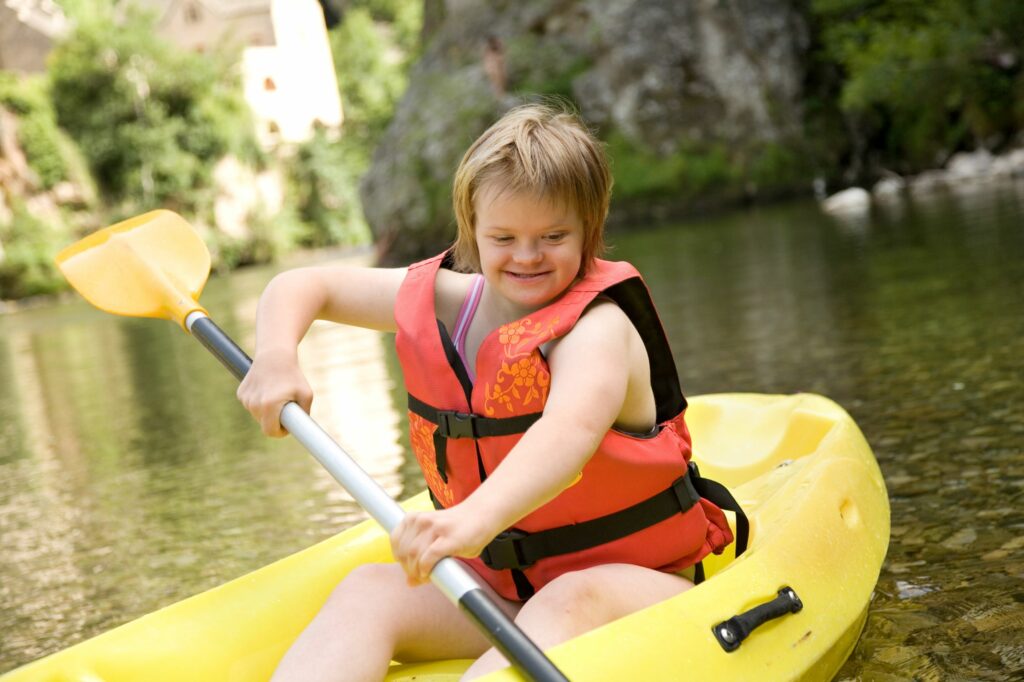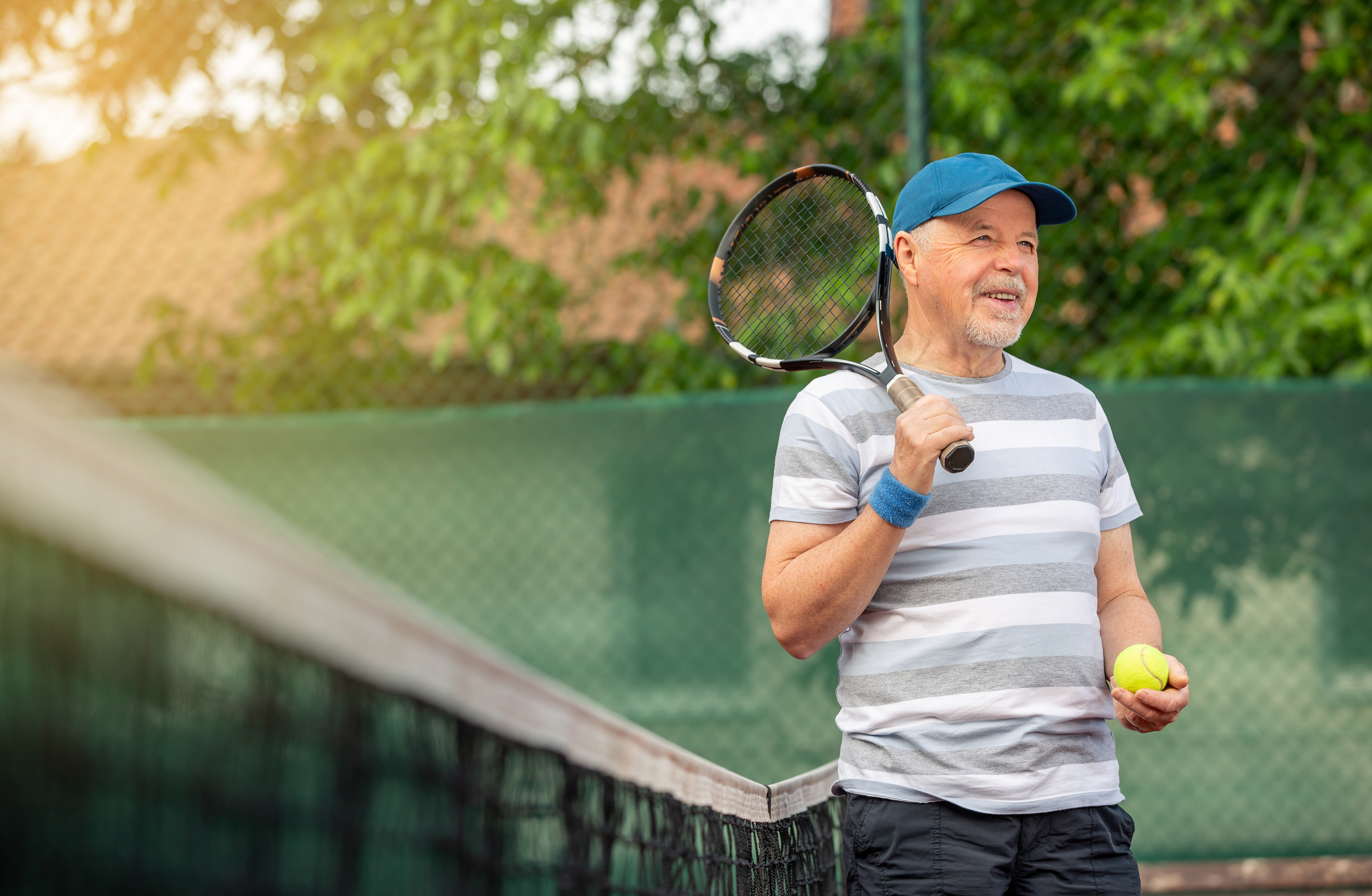P.R.A.I.S.E.
P.R.A.I.S.E. is a tool to help teachers remember the key ingredients for making physical education experiences meaningful and motivational for high school students. The acronym stands for perceived competence, relatedness, autonomy, individuality, social support and enjoyment. Teachers can use these constructs to help increase students’ motivation to participate in physical activity.
Children and youth with autism spectrum disorder
For community sport and recreation programs to be inclusive, they need to be built to support the participation of children and youth on the autism spectrum disorder (ASD). For this reason, researchers from the Canadian Disability Participation Project partnered with Ausome Ottawa to create A Blueprint for Building Quality Participation in Sport for Children and…
The True Sport Experience: Bringing physical and ethical literacy to life in and out of the classroom

Physical and health education teachers and coaches are experts at helping kids learn new skills. By patiently walking students through each learning step, they build the blocks of learners’ physical literacy. However, sport and recreation experiences aren’t built on physical skills alone. Instead, the experiences are wrapped in life lessons, personal growth and a few…
Creating quality sports programs for kids with intellectual and developmental disabilities

Children with intellectual and developmental disabilities (IDD) can benefit physically and psychosocially when they take part in sport (Baran et al., 2009, 2013; Weiss & Bebko, 2008). Unfortunately, their needs are often neglected, which leads to various physical, social, communication and policy barriers to their involvement (Shields & Synnot, 2016). These obstacles may affect how…
True Sport in practice
True Sport is based on the values of fairness, excellence, inclusion and fun; and driven by the seven True Sport Principles: Go For It, Play Fair, Respect Others, Keep It Fun, Stay Healthy, Include Everyone and Give Back. But what does this look like in practice? Gymnastics Canada’s new Values-Based Sport Module is designed to…
Giving Due Deliberation to Masters Athletes: The Time has Come

Paradoxically, Masters sport is equally celebrated and ignored. Masters athletes are celebrated because they are motivated, goal-oriented, and determined to thrive at ages when sport participation has traditionally waned – they defeat stereotypes and allow us to rethink possibilities. Yet Masters athletes (MAs) can also be an “after-thought” in sport organizations, receiving scarce attention. Our…
Survey Supports Values-Based Sport
In a survey of Gymnastics Canada members and stakeholders, 100% felt adding the True Sport Principles to the National Coaching Certification Program (NCCP) courses would be an effective strategy to provide coaches with education and training to deliver quality sport experiences. This supported the creation of a new e-Learning course developed to reflect Gymnastics Canada’s…
Returning to Play…Better

When the initial shock of the COVID-19 lockdown passed, the attention of our sector turned to contemplating what sport and physical activity would look like in an era of public health restrictions. The development and implementation of return to play plans, driven by a commitment to sport organizations’ members and the practicality of long-term sustainability,…
National Accessibility Week 2020
It’s National Accessibility Week! Engaging athletes with a disability is about more than access: it is about meaningful activities that provide participants with feelings of belonging, choice, challenge and success. For this reason, researchers from the Canadian Disability Participation Project developed the Blueprint for Building Quality Experiences in Sport for Children, Youth, and Adults with…
ReBoot Intramurals
Research shows girls’ participation in school-based intramural programs is low. PHE Canada’s ReBoot Intramurals initiative is designed to boost the quality of programming to ensure girls have positive experiences that will shape their physical activity attitudes and behaviours for life. Watch the video to learn more, and download the practical toolkit.